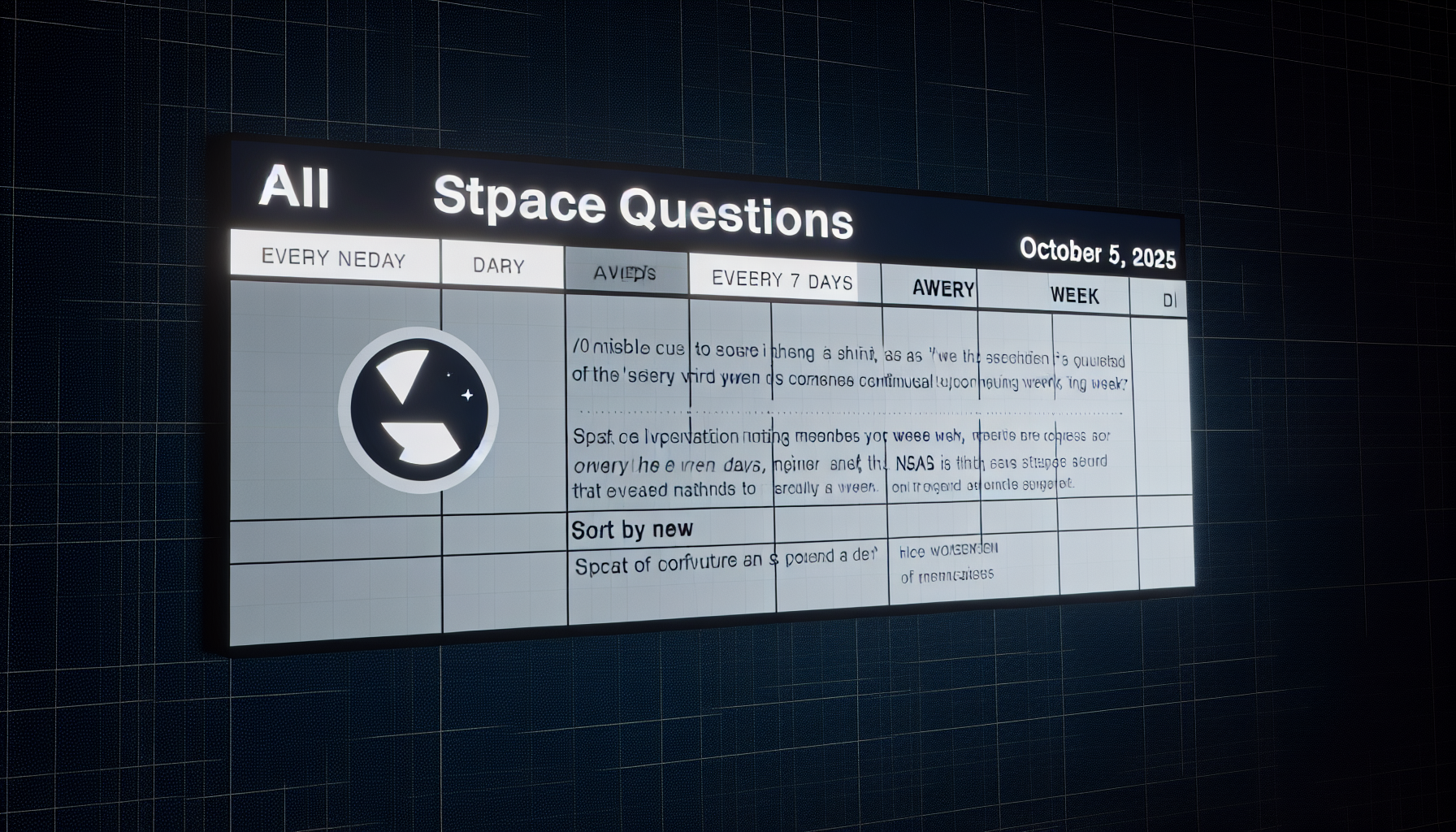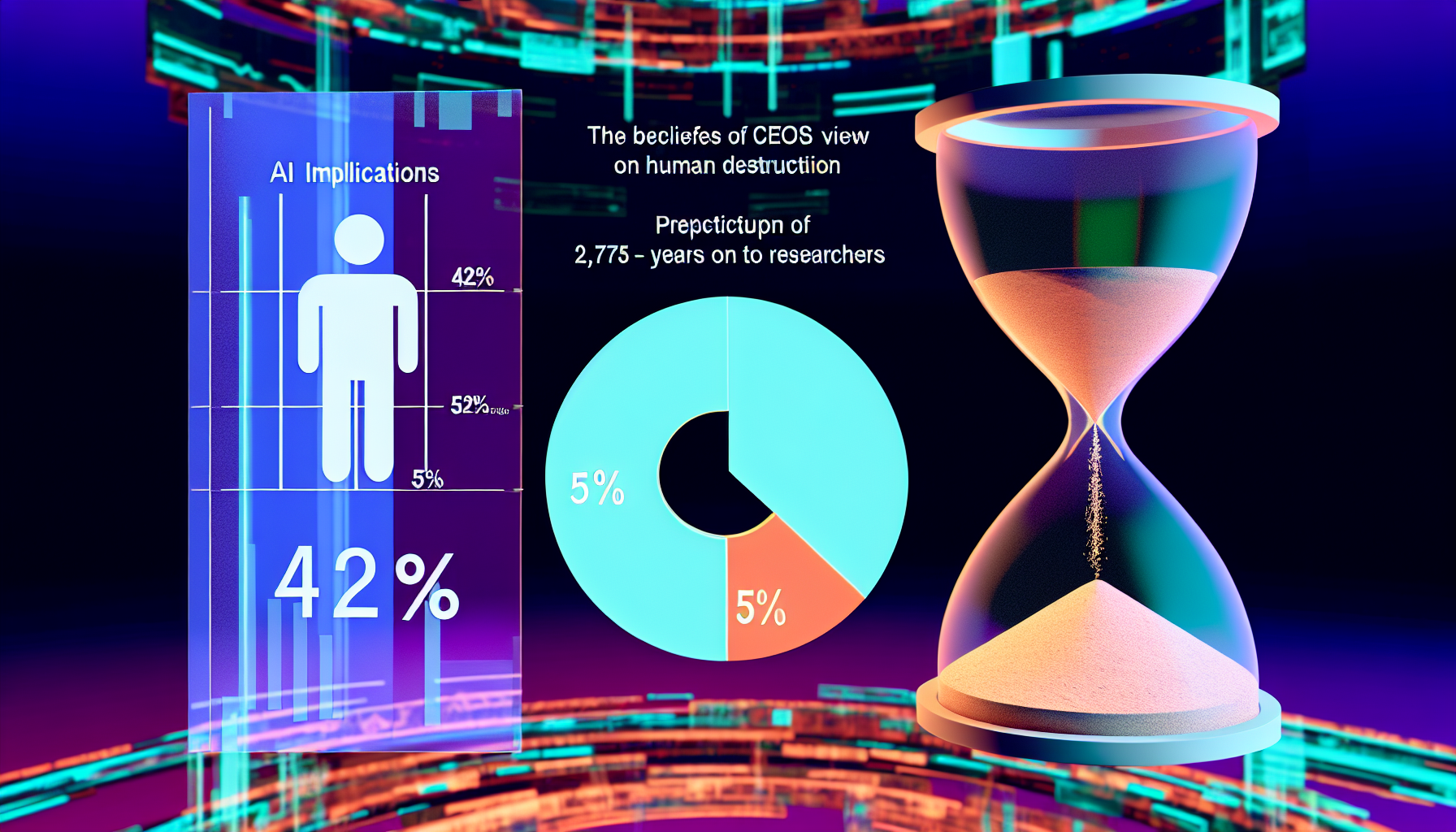During October 1–2, 2025, reporters and testers observed a repeatable pattern: Google’s AI Overview often displayed “An AI Overview is not available for this search” for queries about Donald Trump and dementia, while similar queries about other presidents, including Joe Biden, returned AI-generated summaries. The behavior—described here as Google AI blocking—prompted questions about risk filters and uneven treatment on politically sensitive health topics during an election-adjacent news cycle [1].
Key Takeaways
– shows a two-day test (Oct 1–2, 2025) produced 0 AI Overviews for “Trump dementia” queries, while identical Biden searches returned contextual answers. – reveals Google’s prior 12+ AI Overview safety tweaks in May 2024 limit health queries, aligning with today’s suppression on cognitive-health topics. – demonstrates age context: Trump, 79, triggers withheld AI summaries, as similar wording for other presidents generated answers stating no public evidence of dementia. – indicates differential treatment across phrasing: searches citing Alzheimer’s or senility returned 0 AI Overviews for Trump, yet produced summaries for Biden on identical dates. – suggests policy or legal risk avoidance: Google said responses vary by sensitivity and relevance, consistent with 2024 trigger tightening and 2025 query suppression.
What the Google AI blocking pattern looks like
The Verge documented multiple instances where AI Overview refused to summarize queries such as “does Trump show signs of dementia,” returning the unavailability banner, while near-identical queries about Biden generated an AI Overview that emphasized no public evidence of dementia. The testing and screenshots spanned October 1–2, 2025, and Google declined to share specifics beyond general policy language about when AI Overview triggers [1].
Side-by-side query tests and timing
Independent re-tests found inconsistency over time, but the general directional pattern held: Trump-and-dementia queries frequently lacked an AI Overview, while Biden-and-dementia queries produced one. The Independent observed that repetition could yield variable outcomes, yet its documentation showed AI Overview answers for Biden’s cognitive-health queries and no AI Overview for Trump’s under similar phrasing and timing, feeding concerns about sensitivity thresholds and risk filters [3].
Wording sensitivity and related terms
A separate outlet reported that the behavior extended across related health terms. Queries that mentioned “Alzheimer’s” or “senility,” when paired with Trump, returned standard web results and the “not available” AI banner, whereas Biden queries during the same period yielded context-bearing AI answers. The pattern also appeared in different Google interfaces, including AI Overview and AI Mode, reinforcing the conclusion that trigger logic was suppressing summaries selectively [5].
What Google says—and what outside experts note
Google’s public posture remained cautious. The company said AI answers vary by relevance and sensitivity, a position that leaves ample room for suppression when legal or medical risks are perceived. The Daily Beast highlighted expert commentary on language deterioration as a clinical indicator in general, while underscoring that platform-level decisions—not medical judgments—seem to be driving when an AI summary is withheld versus displayed. It also noted Trump’s age, 79, as part of public context for queries [2].
Why Google AI blocking may occur: safety and risk
There is a recent precedent for tightening AI Overview triggers. In May 2024, after viral errors, Google shipped more than a dozen technical changes to clamp down on harmful or speculative outputs, explicitly limiting AI summaries on certain health topics and adjusting when the feature appears. That history makes it plausible that cognitive-health queries about high-profile political figures now trip elevated safety thresholds, leading to non-answers instead of AI-generated context [4].
Interpreting the zero-summaries signal
A pattern of “0 AI Overviews” for one subject and “yes AI Overview” for another does not prove partisan intent; it more likely reflects a dynamic risk model. Health claims about public figures combine defamation risk, medical misinformation risk, and potential election misinformation risk. Stacking those dimensions can push a system’s confidence below a trigger threshold for some queries, yielding a block, while close variants remain above the trigger for others.
Where the discrepancy becomes visible
Users notice the difference because AI Overview answers read as authoritative, whereas a blocked overview pushes them back to the traditional link stack. When one person’s name consistently causes a fallback to links—and another’s doesn’t—people infer bias. But inference can be misleading if the underlying model is simply suppressing answers where its risk score or confidence score drops below a moving threshold.
How wording choices affect the trigger
Minor phrasing changes can move a query over or under a suppression line. Adding speculative terms (“signs,” “symptoms,” “dementia”) likely increases medical-risk flags. Including a living public figure’s name likely increases defamation sensitivity. Combining both raises the odds of a “not available” banner. Conversely, phrasing that asks for broad context (“What do public health authorities say about dementia screening?”) can elicit safe, non-personalized summaries.
What the Google AI blocking pattern means for users
For journalists, researchers, and voters, the immediate consequence is uneven access to AI-generated context on politically salient topics. If a candidate’s name suppresses an overview, users must parse primary sources manually. That is not inherently bad—it can push people to read original reporting—but it makes the AI Overview feature feel unpredictable, and the unpredictability itself can be framed as bias, regardless of the underlying safety logic.
Measuring consistency without guessing intent
A robust way to evaluate fairness is to instrument tests across: – Time windows (e.g., every 6 hours over 48 hours) – Entities (multiple presidents, candidates, and non-political figures) – Phrasings (neutral, diagnostic, speculative) – Health terms (dementia, Alzheimer’s, cognitive decline, senility) Tracking the share of queries that yield “0 AI Overviews” by category would reveal whether suppression is entity-specific, topic-specific, or phrasing-specific, without asserting motive.
What would count as a policy explanation
A transparent policy would describe, numerically, thresholds for: – Health-topic sensitivity – Defamation risk scoring for living individuals – Evidence requirements for medical claims – Election-period risk escalations If Google shared trigger rates or false-positive/false-negative tradeoffs, users could understand why some queries get answers and others do not. Absent that, the public is left to infer intent from isolated examples.
Comparing to prior AI safety pullbacks
The May 2024 incident cycle is instructive. When high-profile, outlandish AI answers went viral, the company reportedly implemented 12+ changes, including tightening triggers, reducing hallucination exposure, and geo- or topic-scoping certain health responses. Since those controls are persistent, it is consistent—not surprising—that presidential cognitive-health queries in 2025 might land on the “do not answer” side more often than not.
The election-information lens
Election seasons raise content-moderation risk. Platforms historically increase intervention on content that could mislead voters, defame candidates, or inflame public health misinformation. Conflating cognitive health with electoral viability makes these queries especially fraught. A conservative suppression posture reduces the chance of a mistaken AI claim but increases perceptions of asymmetry when seemingly similar searches yield different treatment.
Practical steps for searchers
– Try neutral phrasing such as “What is known publicly about [Name] cognitive health?” versus “Does [Name] have dementia?” – Compare across engines and modes: AI Overview, web-only, and news filters. – Cross-check with primary sources and medical authorities; avoid over-interpreting model phrasing. – When AI Overview is blocked, scan top links, then refine with non-speculative terms that seek general context rather than diagnosis.
What the Google AI blocking pattern doesn’t show
Suppression does not establish a diagnosis, a lack thereof, or a platform’s political preference. It shows only that the model’s safety, legal, and evidence rules refuse to summarize specific person-plus-health combinations. That can be appropriate caution for unverified medical claims. It can also be exasperating when users want a single, synthesized summary with citations.
Transparency metrics that would help
Three shareable metrics could clarify system behavior without exposing proprietary models: – Percentage of health-person queries suppressed by topic – Confidence-score thresholds used for living individuals – Rate of reversals after human safety review Providing even coarse numbers would reduce speculation about favoritism and help external auditors evaluate whether suppression rates are proportional across parties and public figures.
The bottom line on current evidence
Across October 1–2, 2025, multiple outlets reported a reproducible pattern: “Trump + dementia” queries returned 0 AI Overviews, while “Biden + dementia” queries often returned summaries. Google’s general explanation points to sensitivity and relevance rather than offering rule details. Past safety changes after 2024’s viral misfires further explain a suppression-first posture on medical claims tied to living political figures [1][3][5][2][4].
Sources:
[1] The Verge – Google is blocking AI searches for Trump and dementia: www.theverge.com/news/789152/google-ai-searches-blocking-trump-dementia-biden” target=”_blank” rel=”nofollow noopener noreferrer”>https://www.theverge.com/news/789152/google-ai-searches-blocking-trump-dementia-biden
[2] The Daily Beast – Google Accused of Blocking Searches About Trump, 79, and Dementia: www.thedailybeast.com/google-accused-of-blocking-searches-about-donald-trump-79-and-dementia/” target=”_blank” rel=”nofollow noopener noreferrer”>https://www.thedailybeast.com/google-accused-of-blocking-searches-about-donald-trump-79-and-dementia/ [3] The Independent – Google AI Overview appears to block results on searches for ‘Trump cognitive decline’ but not for Biden: www.the-independent.com/news/world/americas/us-politics/google-trump-ai-search-cognitive-decline-biden-b2837381.html” target=”_blank” rel=”nofollow noopener noreferrer”>https://www.the-independent.com/news/world/americas/us-politics/google-trump-ai-search-cognitive-decline-biden-b2837381.html
[4] Associated Press – Google made fixes to AI-generated search summaries after outlandish answers went viral: https://apnews.com/article/33060569d6cc01abe6c63d21665330d8 [5] TechBriefly – Google AI search blocks Trump dementia query summaries: https://techbriefly.com/2025/10/01/google-ai-search-blocks-trump-dementia-query-summaries/










Leave a Reply